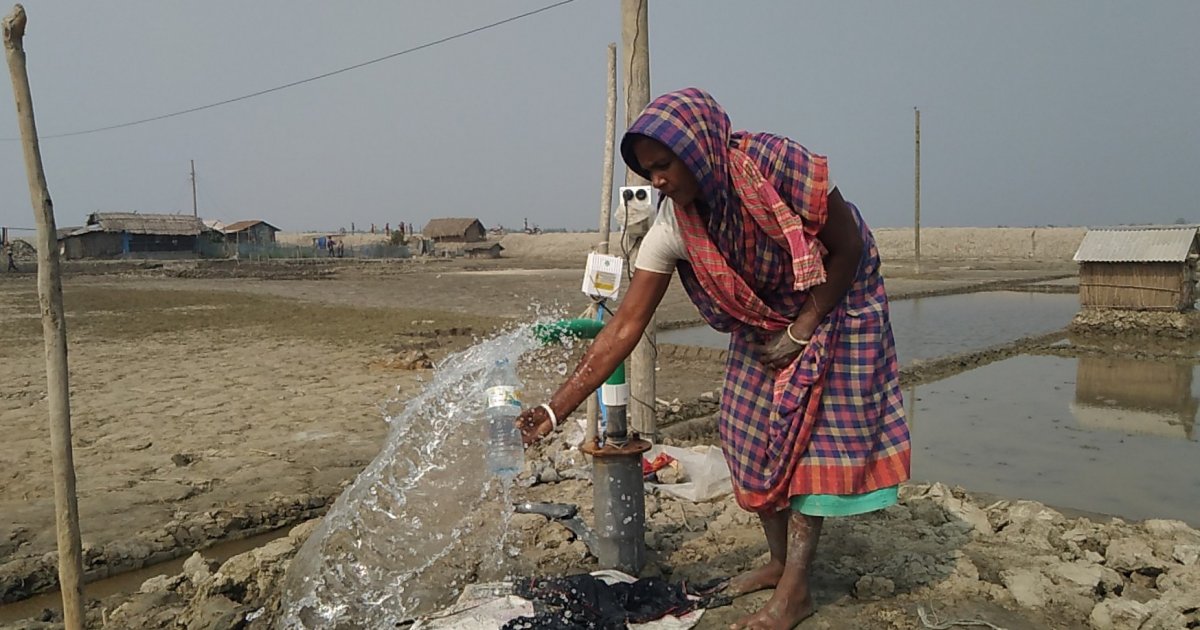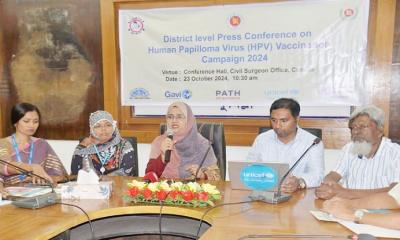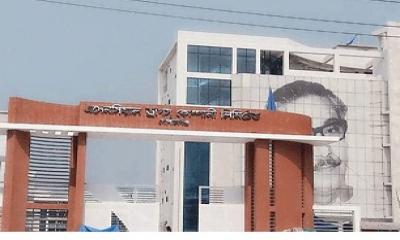People at 14 upazilas of Khulna, Satkhira and Bagerhat districts are facing acute pure drinking water crisis. Residents and local health specialists said that despite the existence of water bodies and deep tube well in these upazilas, the water is not drinkable due to the presence of excessive arsenic, iron and salinity.
Residents suffer for pure drinking water for their families and Female have to walk mile after mile to fetch a single pot of water. Some are blaming shrimp farming for the situation. Besides, some are blaming on unplanned and non-serious government projects. Some are also adding reduction in number of fresh water bodies and adverse effects of climate change.
Report said that there is an acute crisis of drinking water in three upazilas of Khulna district – Koyra, Paikgasa and Dakop. The situation is same in Rampal, Sarankhola, Morrelganj and Mongla upazilas under Bagerhat. And, more or less, every upazila of Satkhira district has this crisis. This crisis got worse following the continuous heatwave that started in the beginning of April, reported local people.
“We could not overcome the misery of not having drinking water. The crisis is in its worst form in Kalabagi, Sutarkhali, Kamarkhola and Gunari areas. There is too much salinity in water from tube wells and water bodies,” said Maqbuk Gazi, a resident of Sutarkhali area adjacent to Sundarbans in Dakop upazila.
Abdullah Al Mahmud, sub-assistant engineer of Dakop Upazila Public Health Engineering Department, described the groundwater of this area as undrinkable, saying, “There are tube wells, plants, ponds to supply fresh water, but these are inadequate against the number of people.”
Sheikh Sirajdoula Lincoln, a local journalist of coastal Koyra upazila, said that, the residents of this area suffer for a long time beginning from winter to rainy season. They somehow manage for few days by storing rain water. But, most of the families do not have big enough pots store water. Many are forced to collect water spending money, a practice much more expensive than in Dhaka.”
Akmal Hossain, executive engineer of Khulna Public Health Engineering Department said that ‘‘it is always a challenge for us to face the water crisis in the coastal areas with salinity. Work on more than one project is going on to address the crisis. The suffering of the people will lessen once the projects are completed.”
Dr Manash Kumar of Satkhira Medical College and Hospital said that drinking saline water for a long period might damage kidneys and liver and cause different types of skin diseases.
Md Rashiduzzaman, Khulna-6 constituency (Koyra-Paikgasa) Member of Parliament, said, “Irreparable damage has been done to the fresh water ponds due to shrimp farming using salt water year after year.”
Professor Dr Shaikh Motasim Billah of Soil, Water and Environment Department at Khulna University believes that although Department of Public Health Engineering spends millions and millions to meet the demand of fresh water, people are not getting long-term benefits as their actions are unplanned and casual.
Shahidul Islam, executive engineer of Satkhira Public Health Engineering Department, some 25-30 percent people of the district are in trouble due to lack of fresh water. Work on a project worth Tk750 million to preserve the rain water is ongoing in an effort to mitigate the crisis of fresh water. The project is scheduled to be complete in 2026. Once implemented, at least 200,000 people of the district will be able to have fresh water.”
ZH






